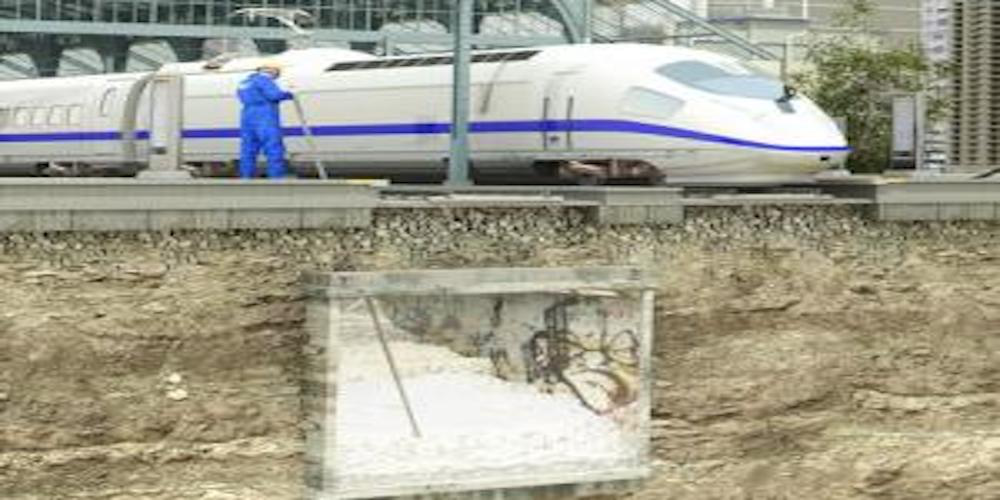
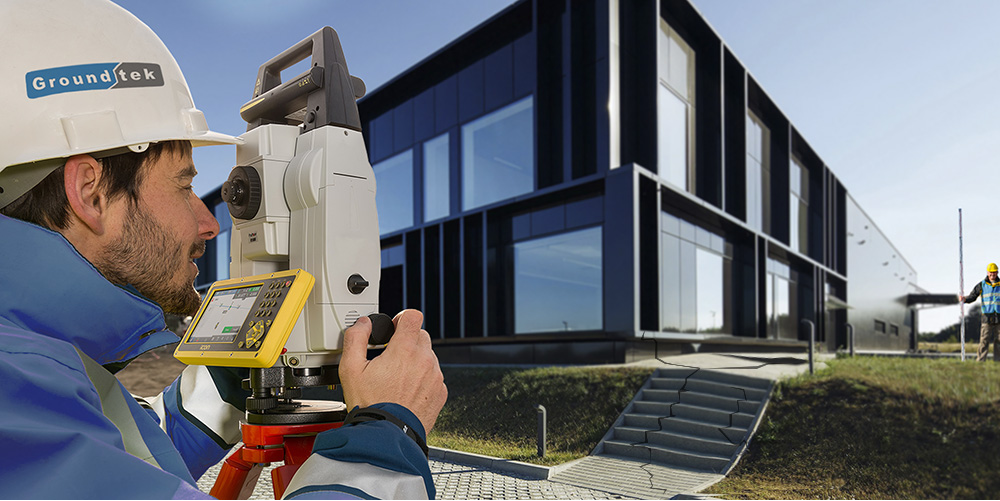
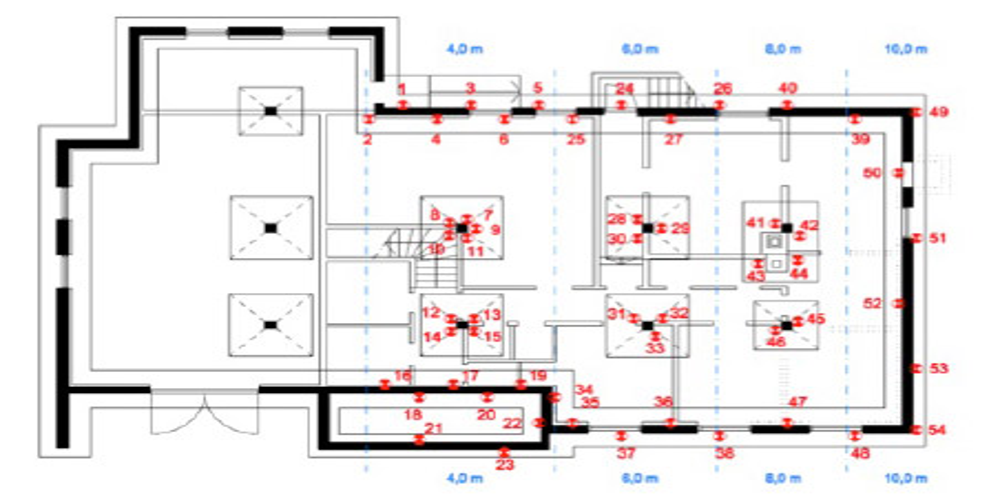
Views 3525
Understanding on what basis is your building will save you money and nerves
Cracks are common, especially in homes that are over 20 years old.And although many people watch cracks in their walls, but they do not know why they appeared there.Cracks in the walls are developing over time as the foundation of the house moves.When this happens, the situation is not allowed by itself - the cracks will continue to increase.
However, it is extremely rare, a house with serious cracks in the walls can ultimately be destroyed: the design always gives us a time to correct the situation.The more crack or the faster it develops, the more quickly it is necessary to make a decision on this issue.
Seasonal fluctuations in humidity and temperature in soils make the walls crack
Seasonal changes are the most common causes of soil movement, which, in turn, cause cracks in the walls. When the rain begins, the excess of water causes the land to swell, and when the warm weather occurs, the earth is compressed again when dries. The most important thing is to be done if there are cracks in your walls - it is to test the water disposal from the designs: there is no breakthroughs of a watering, storm or sewer tube (in other words of leaks under the design itself), as water around the house can "help" the foundation .
Know your type of base soil
Within the framework of the draft cracks in the walls, you will need to find out what type of soil is built by your home, as it affects the change in the water level and as a foundation shifts over time.
Contact geological engineer or geologist engineer, which can inform what kind of soil is typical of your area.Keep in mind that their recommendations are common, and that in this area can be soil, which is usually called "backfilling".To get a consultation, specifically for your site, you will need to hire a geotechnology engineer or an engineering company (service) to explore soil samples from your area or plot.
In general, there are five types of soils - rock, sandy, clay, or or peat. The most common in Russia is sand and clay. The sandy foundation creates less problems with the foundation, because water can flow freely through the ground, helping to maintain the foundation stable. If in the house built on a sandy basis, there is a serious or developing crack in the wall, it is important to act quickly, as it is a significant sign that nearby is a broken water supply, sewer or storm tube. The first thing you have to do in this case is to cause plumbing.
Clay soils, on the other hand, can be very "reactive", which means that they change their specific volume and shift when the humidity level changes, forcing the base to be easily swell or compressed.This makes the building more susceptible to seasonal movement.For houses built on clay soils, unfortunately, cracks in the walls are a seasonal matter, and therefore they regularly pay attention.
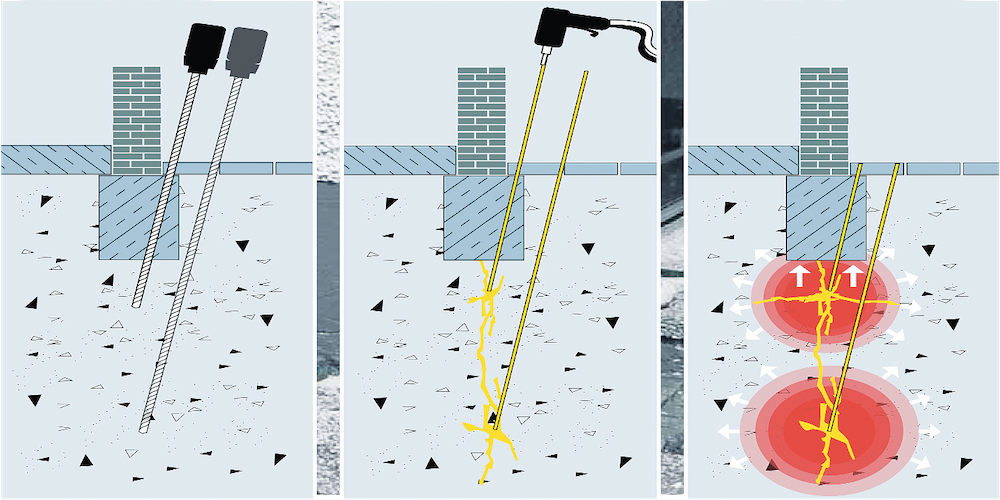
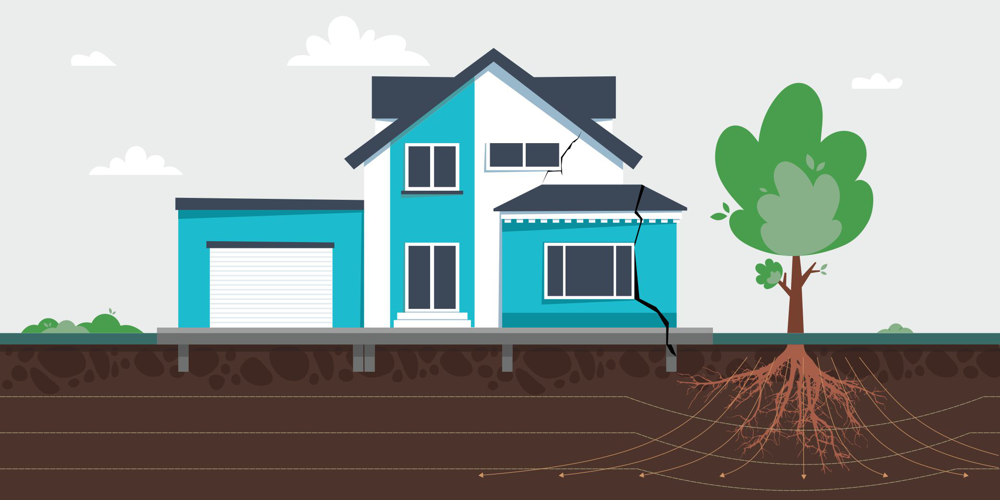
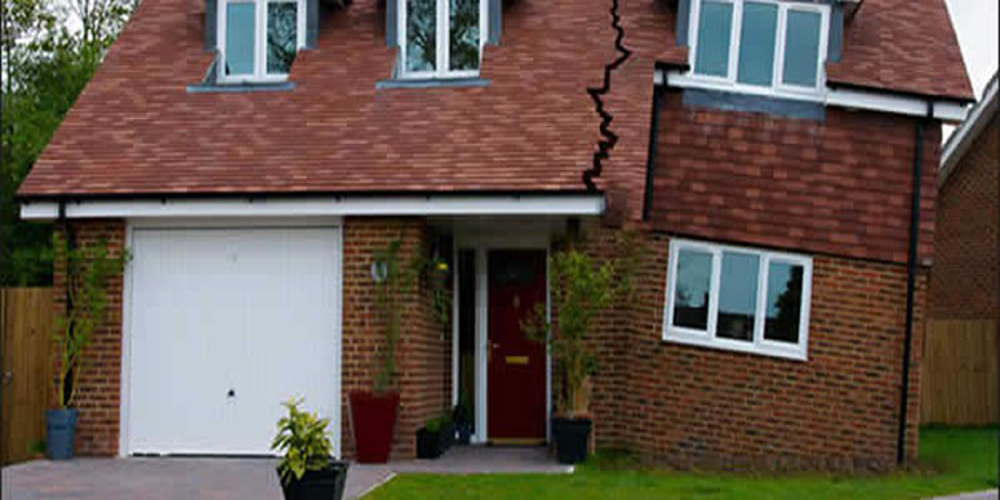
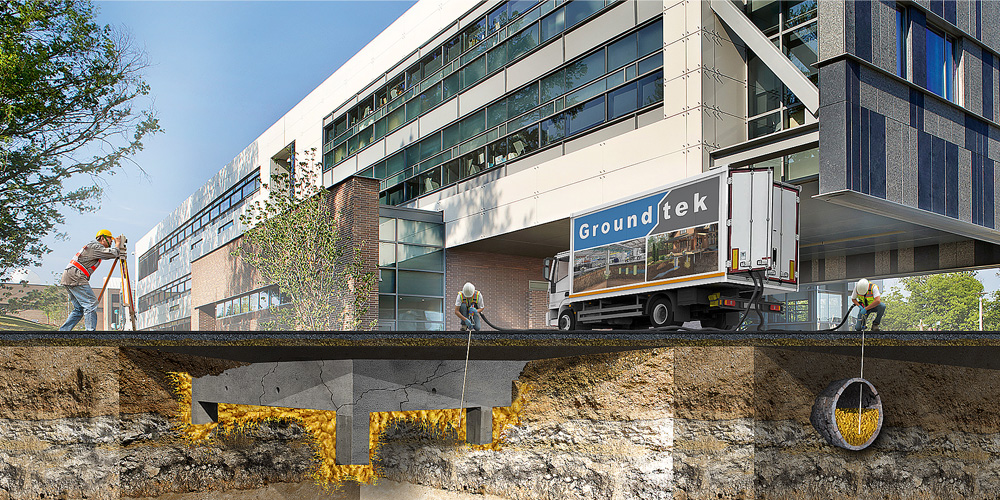
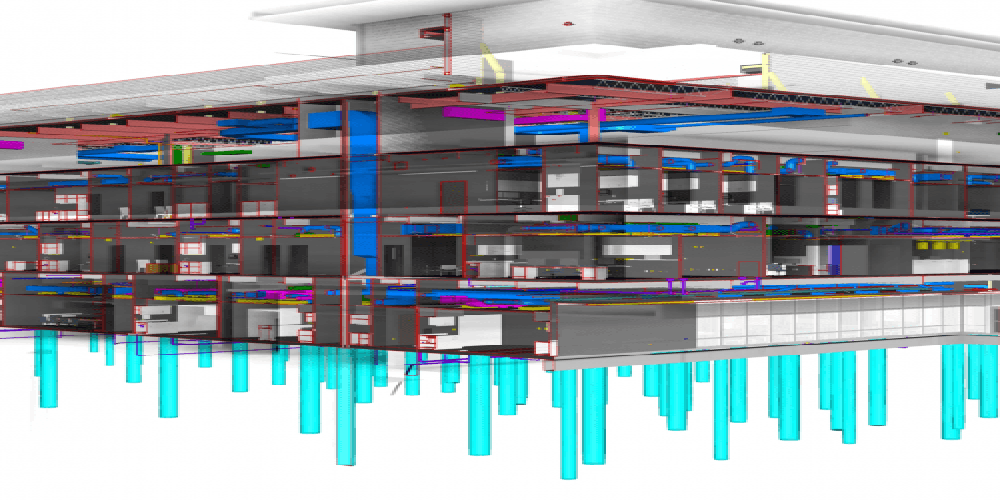
19 сomments
Kovaleva Anzhelika· June 27, 2020
And who else can you ask for help in except geotechnics and geologist?Not everywhere they are available.And on the phone it is easy to be a specialist.
3 thumb_up
replyReply
Evgenij Novitskij (inzhener GROUNDTEK) June 27, 2020
Yes you are right.Such specialists are available only in less large settlements.General knowledge on this subject should also have designer engineers or chief engineers.
9 thumb_up
Lapina Svetlana· May 28, 2020
I have a few cracks on the walls, but they have not already increasingly for 3 years, is it possible to assume that the development of cracks stopped?
8 thumb_up
replyReply
Evgenij Novitskij (inzhener GROUNDTEK) May 28, 2020
So you can say, only after the survey of the foundation of the house.If your home is not on a rock, then the design of the design is going on constantly, but on a very small scale and often not linear.That is, the movement may be unexpected after a period of calm.
10 thumb_up
Kozlovskaja Nadezhda· May 26, 2020
How to be with peathers, they understand that it is better not to build a house on such soils, but if you have already made a mistake and the house lives your life, how to be?
10 thumb_up
replyReply
Evgenij Novitskij (inzhener GROUNDTEK) May 26, 2020
There are options even in this case.First, it is necessary to find out exactly what peats under your home have.Peat peat pins ... like everything in the world ... you need to have an accurate description and diagnosis.Secondly examined the survey data to move in directions or improve the foundation, or improve the foundation.
2 thumb_up
Bondarev Miron· Dec. 27, 2020
Thank you, very interesting article, especially about the sandy foundation.
2 thumb_up
replyReply
Aleksej Karpovich (inzhener GROUNDTEK) Dec. 27, 2020
Thank you for a positive assessment.We consider our duty to inform through publicism about the phenomena and the problems faced by all users of real estate and assets.
8 thumb_up
Aleksandrov Matvej· Dec. 27, 2020
And how to determine innocuous these cracks on the walls or are these cracks that can entail serious problems with the house?
4 thumb_up
replyReply
Aleksandr Sinchenko (inzhener GROUNDTEK) Dec. 27, 2020
First, it is important to determine that there is a "offense" for you.If the crack itself, and it is in the supporting structure, and not on the decorative layer, then it can be strengthened and again close the decorative layer.If the insult is the destruction of the structure, then you must at least organize observation with fixation of the behavior of the designs once a week or the instrumental examination of the building and its foundation.
2 thumb_up
Burov Mihail· Sept. 25, 2020
And how, if I did not build a house, to find out what basis is my home on?
5 thumb_up
replyReply
Aleksandr Efimchik (inzhener GROUNDTEK) Sept. 25, 2020
The most reliable is to carry out a geological examination, that is, to take and explore at least one Kern next to the foundation of your home.Also, there is an option to find out from the neighbors whether they have information about the site (maybe they made geology before construction or they inherited this information).Another way to contact the organization of geologists that have geological maps of your locality (the main thing is that they be relatively fresh).
3 thumb_up
Bol'shakov Artem· Feb. 24, 2021
I understand that this is important, but how to do it if the house is bought?
7 thumb_up
replyReply
Evgenij Novitskij (inzhener GROUNDTEK) Feb. 24, 2021
If the house is already purchased, it remains either to respond to signals or take an proactive position and conduct a survey for understanding whether to wait for something and when ...
4 thumb_up
Golikov Mihail· Feb. 24, 2021
How did they build before on the butt foundations and the buildings stood in centuries?
2 thumb_up
replyReply
Aleksej Karpovich (inzhener GROUNDTEK) Feb. 24, 2021
What stands for centuries has a greater depth of the foundations plus the time improves the base, unless of course the soil waters allow it to do.But it is also important not to overestimate the advantages of old buildings ... Do not forget that they have units, but built huge number of buildings and structures ...
10 thumb_up
Davydova Anzhelika· Aug. 27, 2021
What could be the cause of the formation of cracks if the house stands on the mainland soil?
8 thumb_up
replyReply
Aleksej Karpovich (inzhener GROUNDTEK) Aug. 27, 2021
Even in this case, the reasons may be set.From banally poorly completed plaster works, to the wrong erected roof or not provided for the deformation seam ...
6 thumb_up
Krjuchkov Dmitrij· May 23, 2021
What kind of soils are the most difficult to work?
1 thumb_up
replyReply
Aleksandr Sinchenko (inzhener GROUNDTEK) May 23, 2021
More difficult in the sense of "impossible"?That is, of course, the soils are not able to change their characteristics in principle.For example, forever murous or rocky.However, it is extremes
5 thumb_up
Postnikov Artem· Sept. 23, 2021
How to be if the base is good, dense, and the subfolding under the foundation is done bad?Instead of sand, it is not clear that the foundation poured and flooded!
10 thumb_up
replyReply
Aleksandr Efimchik (inzhener GROUNDTEK) Sept. 23, 2021
In this case, it is necessary to make the strengthening of this layer: either consolidate or replace
7 thumb_up
Komissarov Boris· Dec. 24, 2020
That is clay - is it a sentence of the building?
6 thumb_up
replyReply
Evgenij Novitskij (inzhener GROUNDTEK) Dec. 24, 2020
Of course not.It is just necessary to pay due attention to this factor when building or during operation.Elimination techniques or mitigation of this factor exist and are successful when applying
8 thumb_up
Pugacheva Svetlana· July 27, 2020
Good day, the question of this kind, the house is built on a plot of former (ancient) large-scale landslide, there are not big cracks, how to be in a similar case?
7 thumb_up
replyReply
Aleksandr Efimchik (inzhener GROUNDTEK) July 27, 2020
In this case, you need to examine the base and determine the potential of the motion of the base.There is simply a survey of geology and geotechnical calculations in aggregate
9 thumb_up
Emel'janov Matvej· Dec. 23, 2020
We want to build a house.Is it possible to define a good soil in this place?
3 thumb_up
replyReply
Aleksandr Efimchik (inzhener GROUNDTEK) Dec. 23, 2020
Undoubtedly.Not only possible, but also need and it is desirable to conduct geological surveys with recommendations from professional engineers of geotechnical
1 thumb_up
Dement'eva Galina· Oct. 27, 2020
But is the choice of foundation depends on the soils?
2 thumb_up
replyReply
Aleksandr Sinchenko (inzhener GROUNDTEK) Oct. 27, 2020
Not only.But the soils are a very important factor that cruelly punishes if it is ignored initially or not to make safety measures for explicit risk information
9 thumb_up
Jashina Oksana· June 26, 2020
Please tell me the house with the ground floor, monolithic.There is not a single crack on the foundation and on the foundation, and small cracks appeared on the second floor, they will reveal, they will close.Maybe it's in soils?
10 thumb_up
replyReply
Evgenij Novitskij (inzhener GROUNDTEK) June 26, 2020
Maybe in soils and in the roof ... These hypotheses must be verified by the examination
9 thumb_up
Moskvina Natalija· July 27, 2021
I looked at the Internet of the types of soils. Plot many ... What does it mean to understand them?Well, I'm not a geologist ... And I don't want to be ...
1 thumb_up
replyReply
Aleksandr Efimchik (inzhener GROUNDTEK) July 27, 2021
So subtle in the subspecies there is no need to understand.Not bad at least have a presentation at the "sand" or "clay" level.Or "peat", which is very common in the areas allocated for construction for SNT
3 thumb_up
Kol'tsov Boris· Dec. 24, 2020
Good day!We have in the entrance to the 9th floor on the walls of the crack.Do you work with multi-storey buildings?
10 thumb_up
replyReply
Aleksandr Efimchik (inzhener GROUNDTEK) Dec. 24, 2020
Yes, we work, but it is important to determine the cause of these cracks to begin.Contact your nearest representative for your region.
7 thumb_up
Vereschagin Ruslan· Dec. 27, 2020
That is, you want to say that cracks can how to expand and converge ???
7 thumb_up
replyReply
Aleksandr Sinchenko (inzhener GROUNDTEK) Dec. 27, 2020
And there is.If you do not sew and stabilize them, then the split parts will "walk" in time ...
3 thumb_up